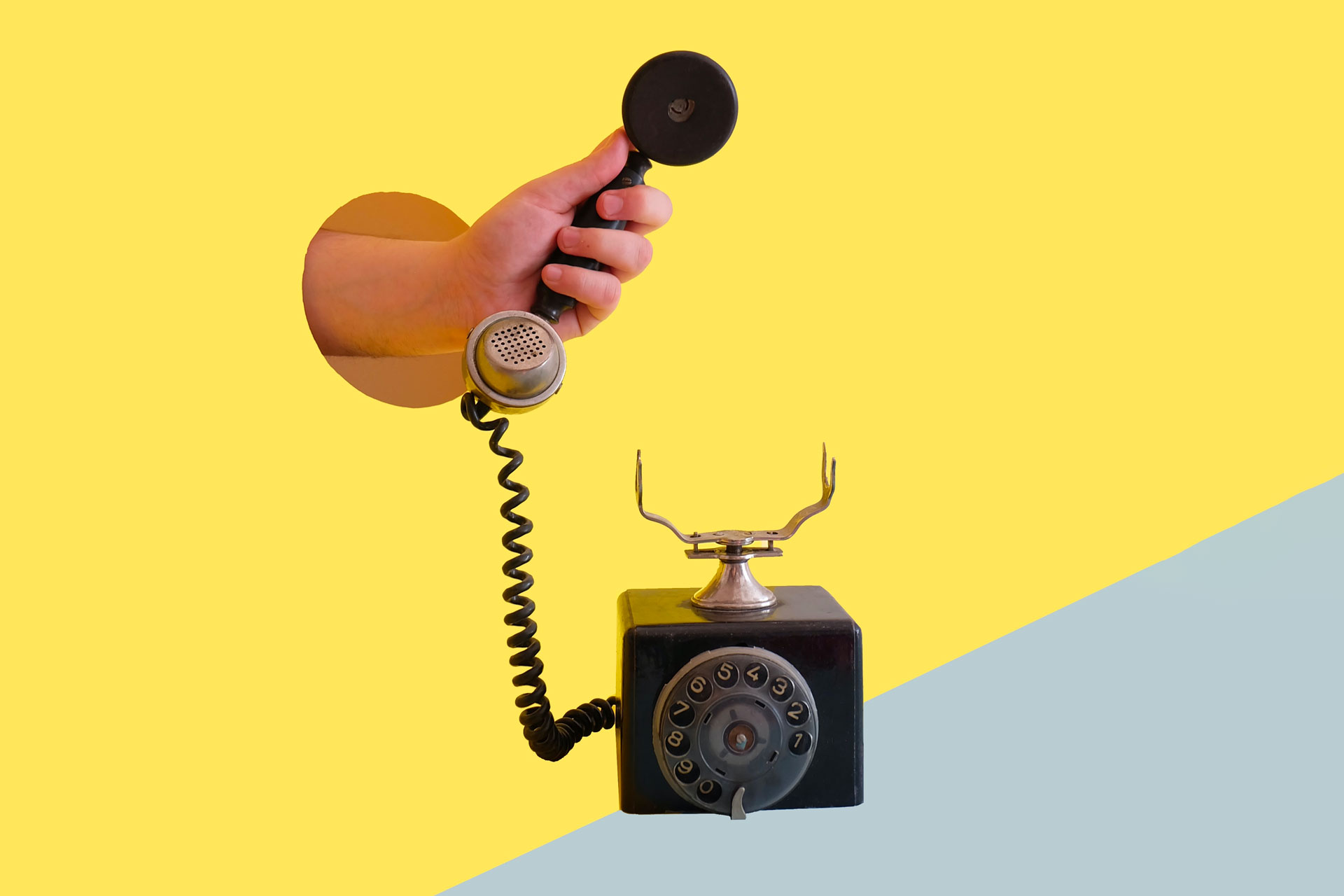Laura Thompson, EMP, INSEAD; Founding CEO, Laura Thompson Coaching & Consulting Services
The five practices that I have focused on in this article—awareness of yourself and others, mindfulness, the power of deep breathing, meditation, and understanding suffering in order to increase empathy—can assist us all on our journeys through life. As you use them, ask yourself how you can become a better communicator and a mindful leader. Contemplate the factors in your life that have caused you to suffer, learn, grow, and transform.
When you practice mindfulness on a daily basis, it positively influences the people around you in a ripple effect. The tips in these articles are meant to nudge you onto the path of self-communication, which will in turn lead to better communication with others and stronger relationships based on empathy and compassion. Of course, forging such relationships is a lifelong process. Have patience with yourself and others and maintain steady progress. There will inevitably be bumps on the path, forks in the road, and choices to be made. But once you have connected with yourself, your ability to connect with others will increase. You will become better equipped to manage and overcome difficult situations and to create more win-win scenarios, in which every person ultimately benefits.
Remember to breathe, smile, and respect each person you encounter. Keep in mind the ancient Sanskrit greeting “Namaste,” which can be roughly translated as “My spirit honors the spirit within you.” Honoring others with respect fosters rich communication because in a respectful interaction, each person is mindfully aware of the other, listens carefully, and strives to understand the other’s perspective. Such respect enables us to resolve conflicts, reach agreements, figure out solutions, and explore new opportunities.
Steven R. Covey, author of The 7 Habits of Highly Effective People, wrote, “Change—real change—comes from the inside out.” Self-awareness enables you to lead the life you desire and be who you want to be, and an awareness of others enables you to help others do the same, thus creating a better world for all of us. This is a paradigm to strive for and improve over time. The future of work needs mindful leaders who practice self-awareness, collaborate with empathy, and em- brace civility. They need to focus on the well-being of all, not just the few. I feel confident that building bridges to connect with others will become the new normal after the Covid-19 pandemic. Already many workplaces are incorporating mindfulness, respect, and empathic communication into their routines. Moreover, civility is becoming a social touchstone, and this will help all of us to become more unified.
The art of civility stems from the idea that we all deserve courtesy and respect from each other. To practice civility, start by smiling at the people in your life: friends and family, neighbors, strangers walking down the street, colleagues in your workplace. I live in a Manhattan skyscraper, and we have a doorman who greets everyone with “Happy Monday” or “Happy, Happy Tuesday”—a different greeting for every day of the week. He is sincere and brings happiness to all the tenants he encounters. We will always remember him for his positive, upbeat personality. It is not hard to smile at another, and often your smile will be just what they need to lift up their spirits. Smiles are usually passed on, which means that being positive with yourself and others will make the whole world around you more pleasant.
Civility can also help you remember the simple rules of polite, mindful conversation: listen with respect; think before you speak; don’t interrupt the speaker; don’t get distracted; ask pertinent questions; be genuine; say a kind word; and be grateful. Remember that we are responsible for what we say to others—it is a reflection of who we are. How do you want to be remembered?
Mindfulness has been proven to be a positive and effective practice for all individuals, particularly in crises such as the Covid-19 pandemic. On the largest scale, embracing mindful communication is an integral part of transforming our society into a unified community in which people, the economy, and the earth itself are sustainably balanced.
On an individual level, communicating mindfully will enhance your relationships with your family, friends, colleagues, clients, and social networks—even with strangers. It will help you live the life you desire both personally and professionally. Best of all, mindful communication starts with one person and then radiates outward like a beam of light, so that your own personal actions will positively influence your community as a whole.
Reflect on your inner hero or heroine’s journey in relationship to mindful communication, expanded awareness, and leadership during these times of high uncertainty. What are you waiting for?
Learn more about the Center for Asia Leadership’s programmes in strategic foresight and adaptive leadership here at bit.ly/lead-asia.
What is your response to the rapid pace of change around us? The best response is to learn and adapt. Here is how we can help your organization adapt to ongoing disruptions and thrive amid challenging times through our Adaptive Leadership Signature Program that addresses the past culture, while building the teams’ capacity to create a new future.



